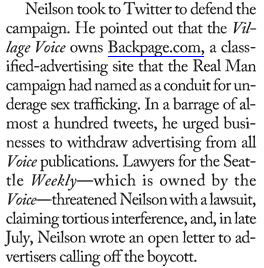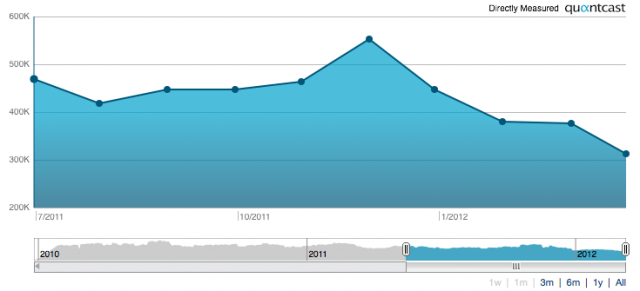
“You never want a serious crisis to go to waste,” said Rahm Emanuel, famously or infamously, as you prefer.
But that does not appear to be the thinking of Washington gubernatorial candidate Jay Inslee, who, despite being pilloried in the media for his stealth campaign (“Does Jay Inslee Exist?“) has had nothing of import to say about the gun violence that has rocked Seattle recently, with innocent bystanders getting caught in the crossfire: a single Seattle Times story mentions four drive-by shootings (with more than 60 rounds fired), a shooting near the Folklife Festival, and the death of a father of two who happened to drive past the wrong place at the wrong time.
That was before an apparently mentally ill gunman killed five people on May 30, making national news. Yet Crosscut’s association of the search terms gun violence and Jay Inslee is entirely coincidental.
This “spate” of gun violence–an inaccurate term for the variability in a chronic situation–has at least got Seattle’s city council reviewing what they can do to provide controls on handguns. Do you remember Kyle Huff (2006)? Do you remember Maurice Clemmons (2009)? How many episodic mass murders, do you think, will it take before people start connecting them as an ongoing problem?
But as that KUOW story notes, local controls are difficult to make more stringent: “State law generally preempts local authority to adopt more restrictive gun regulations.”
That’s why it matters that Jay Inslee’s priorities don’t seem to include a response to mass murder. In fairness to Inslee, there’s not been a general political rush to policy, gun control-oriented or otherwise. Even Sen. Maria Cantwell, whose staff likes to send out three or four press releases in a given day, has been conspicuously silent. There’s a good reason for this. Even getting shot in the head doesn’t cut any slack with the NRA, and with the rise of the super PAC, it’s easier than ever for moneyed interests to target politicos who don’t toe on the line on hot-button issues.
But if anyone needs to raise his profile, it’s Jay Inslee: “Inslee, despite resigning his House seat after being elected to his seventh term in 2010, is little-known in the state. A majority of likely voters, 52 percent, say they are unfamiliar with Inslee or have no opinion of him.” And his opponent, Republican Rob McKenna, is not likely to come out for gun control of any kind.
Not that I’m suggesting that gun control is the answer, in itself, when it comes homicides. The aggressively mentally ill will use whatever is handy–like a knife, or hatchet. But it’s noteworthy that mass murders correlate strongly with access to firearms. When you ask yourself how someone like Ian Stawicki could collect guns and was allowed a concealed weapons permit, when you ask why his family wasn’t able to get the help they needed for him, you end up discussing the state’s budget, which since the recession has not prioritized care for the dangerously mentally ill.
As a Seattle Times story on involuntary commitment concludes: “The Legislature in 2010 amended the ITA to make it easier to detain a patient for involuntary treatment. The change was supposed to take effect this year, however, it was placed on hold due to budget constraints.”
It was clear at the time–when these budget issues were being decided–that it was a game of Russian roulette, with untreated mental illness and lax gun control in alternating chambers. The votes were cast. I don’t want to say anyone has blood on their hands–not because it’s hyperbolic, I think it’s true, but you can see it doesn’t make that much difference if an entire Legislature has reddened digits. But it’s diffuse, this kind of responsibility, no one person did anything to cause it.
Conversely, what a difference it would have made if any one person had been the one to prevent it.
Ian Stawick’s father makes an important point, telling KATU TV: “There were six victims yesterday – not five. That’s the thing I want people to go away with. He was the final victim, he was a victim by his own gun, and all the other people were victims by his own gun – I’m not trying to diminish that.”



